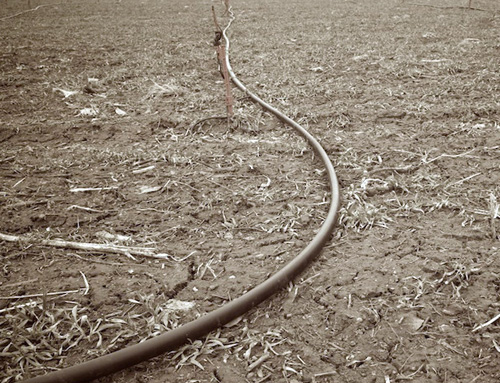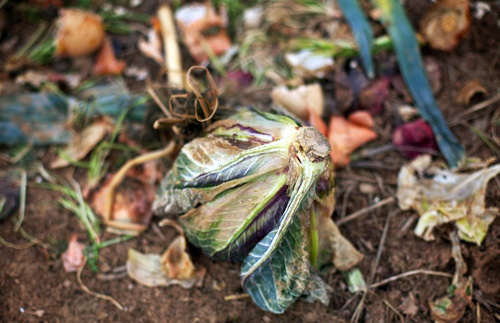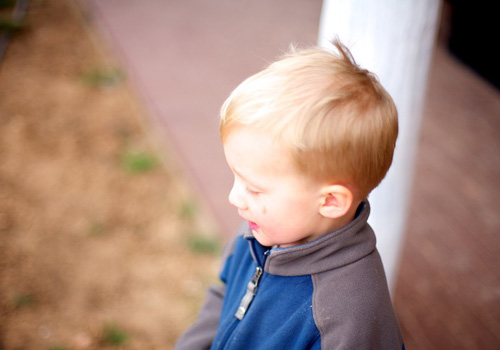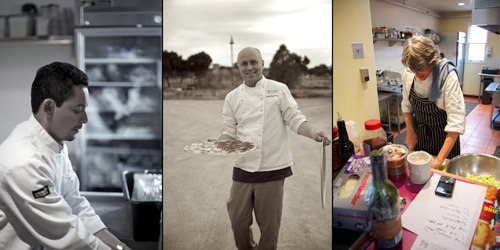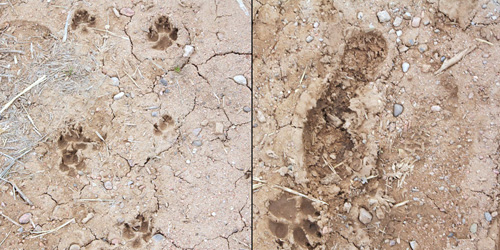
Growing Real Food Nation
in 2007, Michael Pollan’s “Omnivore’s Dilemma” changed the way I see farming, cooking, eating. I’d been hearing phrases like “Slow Food” for years, without really absorbing what it meant. I grew up mere miles from Alice Waters’ iconic Chez Panisse – and thought this whole concept of creating cuisine from locally sourced ingredients sounded pretty nifty – if not a little conceptual and poetic for something as pragmatic as good food. But I didn’t really “get” the whole gestalt of slow food, of local and sustainable – why this approach to food production and distribution is essential to healthy people, communities and environments – until I read that book.
In my post-Pollan epiphany phase, when I look at food, I’m aware of the cause and effect. What’s the carbon footprint of that organic asparagus imported from Peru? What’s the effect on the purity of the water table from manure waste in communities located near commercial hog and cattle operations? How much high fructose corn syrup is in that breakfast sausage or this so-called fruit juice drink? How much water is consumed to wash the prebagged organic lettuce? And just what is “organic”, anyway? Faced with the reality of the corporate corn monoculture, what are the alternatives?
It was a pivot point in my perspective on food. Now I read food labels. I want to know where my food comes from, how it was raised, how it’s packaged and transported. And now buying at the farmer’s market isn’t just a question of getting some garnish groceries in a pretty location on Saturday morning, it’s a decision to support local growers and sustainable growing practices. It’s political. I’m not a fascist about it – I still eat asparagus in February for a treat – but I make serious effort to be aware of the social and environmental impact of my food.
That’s one of the beauties of living in northern New Mexico. I’ve lived mostly in cities for most of my life. I moved to Santa Fe for a number of reasons. Living near a thriving agricultural movement committed to developing new strategies for sustainable food production wasn’t one of those reasons, but it’s had tremendous impact on my daily life here.
And it’s not limited to the growers. With Real Food Nation, owners Blythe Timken and Andrew MacLauchlan and Chef Kim Müller are putting the philosophy of Slow Food in daily practice, through cultivating produce on the acreage behind the restaurant, developing a menu driven by those ingredients they grow, and composting the food waste to feed the soil that in turn feeds their daily patrons.
In 2010, I began a series of shoots at Real Food Nation to document this new approach to being a restaurant. Here are the first glimpses from that project: the beginning of the growing season in February, 2010.
